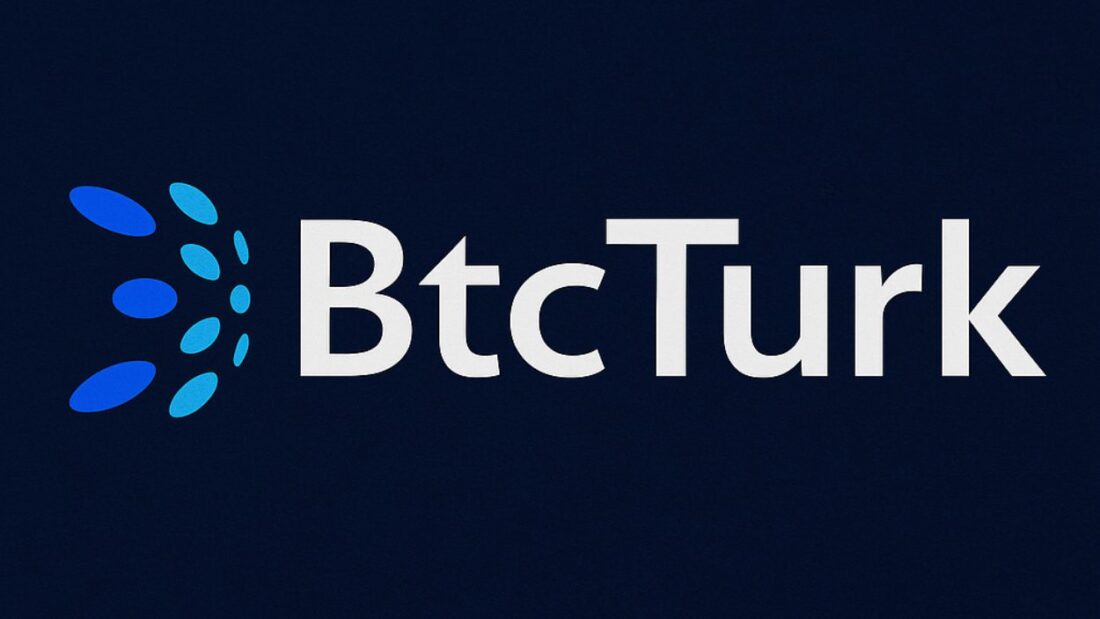Turkish crypto exchange BtcTurk has suspended deposits and withdrawals after $48 million in suspicious transfers raised concerns of a coordinated exploit.
Key Takeaways
- 1Blockchain firms detected over $48 million in suspicious outflows from BtcTurk wallets
- 2Transfers spanned Ethereum, Avalanche, Solana, and other major networks
- 3Security experts suspect a coordinated exploit involving multiple wallets and tokens
- 4BtcTurk halted user operations and is investigating with security firms
What Happened?
Turkish cryptocurrency exchange BtcTurk is facing intense scrutiny after blockchain analysts detected over $48 million in unusual withdrawals across multiple blockchains. The activity raised fears of a potential coordinated hack, prompting the platform to suspend all user deposits and withdrawals.
Suspicious Activity Detected by Blockchain Watchdogs
Blockchain security firms CertiK and Cyvers independently flagged the suspicious activity. According to CertiK, the movement of funds appeared to be deliberately structured to evade fraud detection, showing signs of a sophisticated, coordinated attack. Cyvers noted that the outflows involved assets on Ethereum, Avalanche, Arbitrum, Base, Optimism, Mantle, and Polygon networks.
🚨ALERT🚨$48M worth of digital assets have been detected in unusual activity across multiple chains involving Turkish exchange @btcturk
,🚨 Cyvers Alerts 🚨 (@CyversAlerts) August 14, 2025
About 30 minutes ago, our system detected multiple alerts across $ETH, $AVAX, $ARB, $BASE, $OP, $MANTLE, and $MATIC networks. Most funds were… pic.twitter.com/ss4a7O2hUd
Key facts:
- Estimated losses range from $48 million to $50 million
- Multiple wallets involved, with funds consolidated into two main addresses
- Most of the assets were swapped into ETH using MetaMask swaps and decentralized exchanges
- The hacker also moved funds via Solana and BNB Chain, involving meme coins and stablecoins
Exchange Reacts by Freezing Operations
As reports emerged, BtcTurk took immediate action by freezing deposits and withdrawals. However, despite the suspension, some compromised wallets continued sending tokens to attacker addresses, indicating possible direct control over hot wallets by the hackers.
No official statement from BtcTurk has been issued yet, adding to community frustration. The lack of transparency has fueled speculation about deeper vulnerabilities in the platform’s infrastructure.
Hacker Strategy and Wallet Activity
The hacker or group behind the exploit moved quickly:
- Initially targeted ETH and SOL, later branching into BNB Chain
- Used fast swaps to convert small assets into highly liquid ETH
- Routed funds through Solana wallets and tagged intermediaries like “PNUT Whale”
- Final wallet balances include over $34 million in ETH, with other holdings in stablecoins and meme tokens
These movements suggest an attacker with high technical sophistication, familiar with decentralized finance infrastructure.
Broader Concerns for Exchange Security
The BtcTurk incident is particularly alarming because most recent hacks have targeted smart contracts, not centralized exchanges. BtcTurk, which manages approximately $300 million in daily volume, is now being criticized for its low security ratings and limited liquidity on many trading pairs.
CertiK and other experts are urging platforms to:
- Implement multi-factor authentication
- Run regular audits
- Monitor for abnormal activity in real-time
This exploit adds to a rising trend in crypto thefts since July, reigniting calls for stronger protections across the industry.
CoinLaw’s Takeaway
Honestly, this is a big wake-up call. Another centralized exchange has been caught off guard, and it highlights how even major platforms can still fall victim to aggressive attacks. If BtcTurk really had their hot wallets compromised, that’s a serious issue. We need better transparency from exchanges, especially when user funds are at risk. And for everyday users like us, it’s another reason to think twice before keeping assets on centralized platforms. Not your keys, not your crypto.


































































